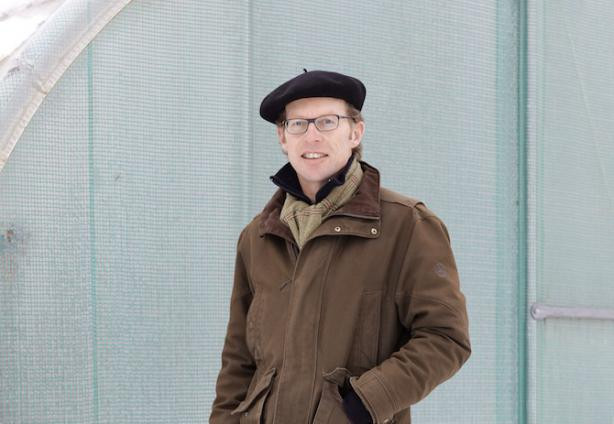“The media influences garden landscaping in the same way that it shapes fashion”, says Philippe Loschetter, who runs a family business of landscape architects and gardeners in Luxembourg, after having studied and worked many years in the UK.
“People look at the photos of the newest trends and want the same thing to appear just as good in their garden. Our job is to explain that what you see in the magazines isn’t always compatible with reality--and then find a solution that still makes the client happy!”
When planning a garden, it’s easy to forget that the space you have, the type of soil, the overall climate but also the small spots with sun or in the shade all count, and that sometimes the type of flowers or trees you were hoping to plant just won’t thrive in your garden. In Luxembourg, adapting to the different types of soil is essential--not something you necessarily think about.
“In Bridel, for example, the soil is sandy and dry. Two towns down, in Bertrange, it’s heavy and wet. You can’t plant the same things.” The many slopes here are also a challenge for landscaping experts. “And most of the property developers don’t seem to think about the garden when they build new houses which only makes things worse. Drainage of ground water is often one of the problems we have to deal with and it limits the range of plants we can choose from.”
“Over the last 20 years, a lot has changed. Gardens are much smaller now. There’s more activity, taking place in less space. At the same time, people want privacy from the neighbours more than ever. We’re planting much fewer big trees because of space issues, but have many more plants that can serve as a barrier from the outside world.”
Other than examining the space, soil and microclimate, Loschetter also takes into consideration the people who will be using the garden before suggesting solutions. Some are interested in spending time looking after it while others seek to have the easiest-to-tend one. “The good thing is that you can always change a garden, it can evolve with its tenants and their needs.”
Clearly not the greatest fan of the current “simple, structured and with a minimum of plants Asiatic-inspired without the values” trend, Loschetter, who became a garden landscaper and architect for “philosophical reasons”, admits to having a “modest approach” to gardening.
“If I were to describe my perfect garden, for me personally, it would be one open to the surrounding landscape, one that changes with every season. I love to play with contrasts, colour combinations, fragrances… A garden should always be alive, with plants flowering in every season, but it should also be kept simple. You can’t just step in and change everything just because you want to put your name on some great creation. Nature teaches us the opposite: you observe, you analyse and then you work with what you have; with nature, never against it.”
